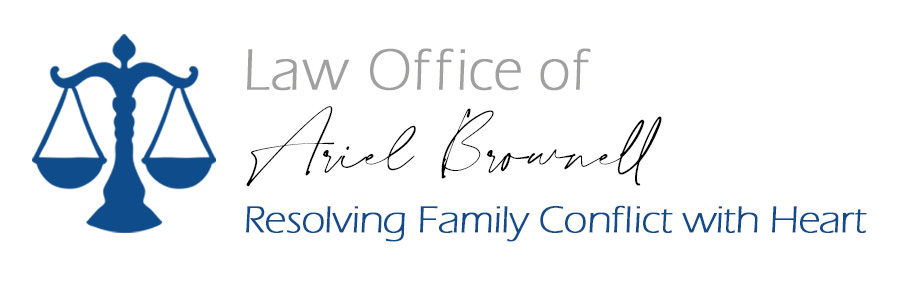Do you need a Restraining Order Lawyer Walnut Creek CA?
 The most common reason for a Restraining Order in Walnut Creek, and anywhere else for that matter, is to protect someone from abuse or the threat of abuse. There are several kinds of restraining orders. One of the most common when dealing in a family law context is a domestic violence restraining order. What constitutes abuse for a domestic violence restraining order, also known as a DVRO, is not limited to the actual infliction of physical injury or assault (California Family Code Section 6203). In fact, a DVRO can be obtained for a variety of other reasons. It is a good idea to seek the advice of a Restraining Order Lawyer if anyone close to you is behaving in any of the following ways:
The most common reason for a Restraining Order in Walnut Creek, and anywhere else for that matter, is to protect someone from abuse or the threat of abuse. There are several kinds of restraining orders. One of the most common when dealing in a family law context is a domestic violence restraining order. What constitutes abuse for a domestic violence restraining order, also known as a DVRO, is not limited to the actual infliction of physical injury or assault (California Family Code Section 6203). In fact, a DVRO can be obtained for a variety of other reasons. It is a good idea to seek the advice of a Restraining Order Lawyer if anyone close to you is behaving in any of the following ways:
- Causing or attempting to cause you physical injury;
- Sexually assaulting you;
- Making you fear that you or another person is in danger of immediate, serious physical injury;
- Molesting, attacking, striking, battering (using force), or stalking you;
- Threatening or harassing you – either in person or through phone calls, emails, etc.;
- Destroying your personal property; and/or
- Disturbing your peace in a manner not described above.
Any of the above can be grounds for seeking a Domestic Violence Restraining Order. Domestic Violence comes in many forms, and the Court takes all kinds of abuse seriously. To determine if a DVRO is appropriate in your case, contact the Restraining Order Lawyer Walnut Creek CA trusts. The law relating to domestic violence is set out in Division 10 of the California Family Code and is referred to as the Domestic Violence Prevention Act (“DVPA”).
Remember, there does not have to be physical violence for a court to grant a restraining order. Emotional and psychological abuse can be enough to qualify for a restraining order. Each situation is different and requires careful analysis of the facts and circumstances.
To qualify to seek a Domestic Violence Order, you and the person you want to restrain must have a certain relationship with one another. You and that person must be:
- married or registered domestic partners,
- divorced or separated,
- dating or used to date,
- living together or used to live together,
- parents together of a child, or
- closely related (parent, child, brother, sister, grandmother, grandfather, mother-in-law, father-in-law).
If you do not have the necessary relationship to qualify for a domestic violence restraining order, you may still qualify for a civil harassment restraining order, an elder abuse restraining order, or another protective order. No matter the issue, contact the Restraining Order Lawyer Walnut Creek CA trusts, the Law Office of Ariel Brownell. Call today for a confidential consultation. We will evaluate the facts of your case and give you the expert advice necessary to help you determine if a restraining order is right for you.
